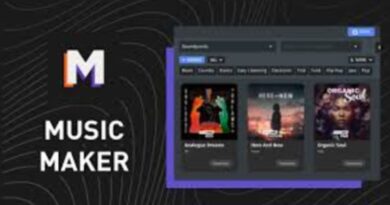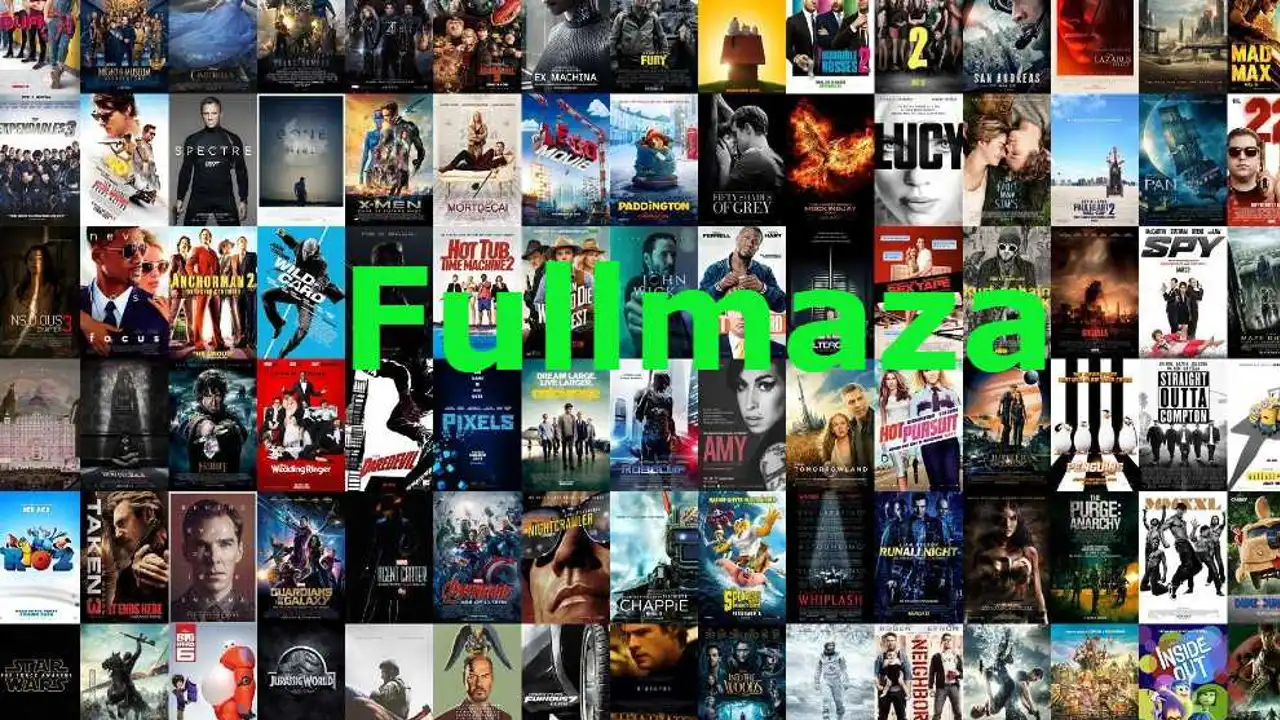Rajkotupdates.News: Pubg Developer Krafton Has Filed A Lawsuit Against Garena Free Fire
In the fast-paced and ever-evolving world of mobile gaming, copyright infringement and legal disputes have become a common occurrence. Recently, the gaming community was abuzz with news that Krafton, the developer of the popular game PlayerUnknown’s Battlegrounds (PUBG), has filed a lawsuit against Garena, the developer of the equally popular game Free Fire. The lawsuit alleges copyright infringement and unfair competition, with Krafton claiming that Garena’s Free Fire has copied elements from PUBG. This legal battle has significant implications for the mobile gaming industry and has sparked a heated debate among gamers and legal experts alike. In this article, we will delve into the details of the lawsuit, explore the arguments put forth by both parties, and analyze the potential impact on the gaming industry.
Krafton’s Lawsuit Against Garena Free Fire:
Allegations and Arguments
Krafton’s lawsuit against Garena Free Fire was filed in the Central District Court of California in the United States. The lawsuit alleges that Free Fire, which was released in 2017, has copied various elements from PUBG, which was released in 2017 as well. Krafton claims that Garena has copied the unique and distinctive visual and audio elements of PUBG, including the game’s iconic map, user interface, and character designs.
One of the main allegations made by Krafton is that Garena has copied PUBG’s gameplay mechanics, which are fundamental to the Battle Royale genre. Battle Royale games are characterized by their large-scale multiplayer mode, where players compete against each other until only one player or team remains standing. PUBG is credited with popularizing this genre, and Krafton claims that Garena has copied its gameplay mechanics, including the concept of dropping players onto an island, looting for weapons and equipment, and surviving until the end.
Krafton also alleges that Garena has copied the visual and audio elements of PUBG, including the design of weapons, vehicles, and characters. Krafton claims that Garena’s Free Fire has used similar character designs, weapons, and vehicles, which closely resemble those in PUBG. Additionally, Krafton alleges that Garena has copied PUBG’s user interface, including the design and layout of menus, HUD elements, and other in-game displays.
Furthermore, Krafton accuses Garena of unfair competition, claiming that Garena has gained an unfair advantage by copying PUBG’s elements, which has resulted in confusion among players and has led to a loss of revenue and reputation for PUBG.
Garena’s Defense and Counterarguments
Garena has vehemently denied the allegations made by Krafton and has stated that Free Fire is an original game that was independently developed by Garena. Garena claims that Free Fire has its unique gameplay mechanics, character designs, and visual elements that are distinct from PUBG.
Garena argues that while there may be similarities between Free Fire and PUBG, these similarities are superficial and do not constitute copyright infringement. Garena claims that certain gameplay mechanics, such as dropping players onto an island and surviving until the end, are generic concepts that are not protected by copyright. Garena further argues that any similarities between Free Fire and PUBG are due to the nature of the Battle Royale genre, where certain elements are common and expected.
Garena also disputes Krafton’s claims of copying visual and audio elements, stating that Free Fire has its unique designs for weapons, vehicles, and characters that are different from those in PUBG. Garena asserts that any similarities between the two games in terms of visual and audio elements are purely coincidental and do not amount to copyright infringement.
In response to Krafton’s allegations of unfair competition, Garena maintains that Free Fire
Conclusion:
The lawsuit filed by Krafton against Garena Free Fire has brought to light the complexities and challenges in the mobile gaming industry, particularly in terms of copyright infringement and unfair competition. Both Krafton and Garena have presented their arguments and counterarguments, and the outcome of the lawsuit remains to be seen. This legal battle has significant implications for the gaming industry, as it may set a precedent for how similarities and overlaps between games in the same genre are treated legally. It also raises questions about the originality of game elements, the protection of intellectual property, and the impact on players and the gaming community at large.
Frequently Asked Questions (FAQs):
Can game developers sue each other for copyright infringement in the mobile gaming industry?
Yes, game developers can sue each other for copyright infringement in the mobile gaming industry, just like in any other industry. Copyright laws protect original works, including video games, from being copied without authorization. If a game developer believes that another game has copied their game’s elements, they can file a lawsuit to protect their intellectual property rights.
What are the potential implications of the lawsuit between Krafton and Garena for the gaming industry?
The lawsuit between Krafton and Garena has potential implications for the gaming industry in terms of setting a precedent for how similarities and overlaps between games in the same genre are treated legally. It may impact the way game developers create and market their games, as they may need to be more cautious about potential copyright infringement and unfair competition. It may also affect players’ perception of the games involved and their trust in the gaming industry as a whole.
How does the lawsuit between Krafton and Garena affect players and the gaming community?
The lawsuit between Krafton and Garena may affect players and the gaming community in several ways. It may result in changes to the games involved, such as modifications to game elements that are deemed to be similar or copied. It may also create confusion among players, as they may question the originality and uniqueness of the games they play. Moreover, it may impact the relationship between game developers and players, as players may have concerns about the integrity and originality of the games they invest their time and money in.



